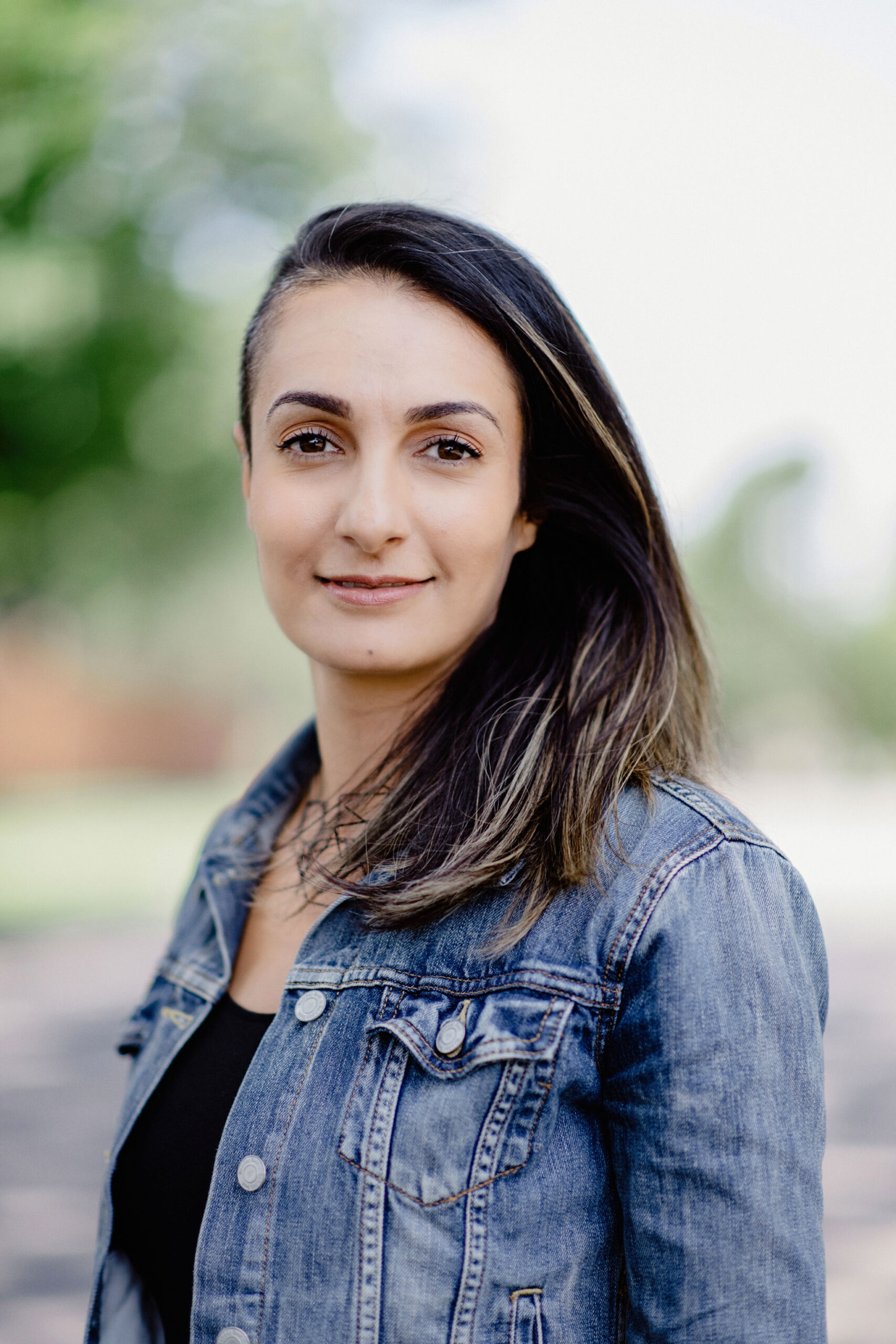2023 Keynote Speaker – Dr. Beyhan Farhadi
 Dr. Beyhan Farhadi is a research cluster lead for community engagement and public scholarship at the Institute for Research on Digital Literacies (IRDL) at York University. She is also a research associate with the Canadian Centre for Policy Alternatives, Ontario. Through a critical and interdisciplinary approach to policy studies, Dr. Farhadi explores the relationship between online education and educational equity in secondary schools, most recently during the COVID-19 pandemic. Her current book project with University of Toronto Press examines online learning and the politics of access in public education. As part of her praxis and commitment to social change, Dr. Farhadi is conducting research on resisting neoliberal restructuring in Ontario through the IRDL. She has also mobilized knowledge through the Broadbent Institute and The Canadian Centre for Policy Alternatives as well as The Conversation, Canada, and First Policy Response at Toronto Metropolitan University.
Dr. Beyhan Farhadi is a research cluster lead for community engagement and public scholarship at the Institute for Research on Digital Literacies (IRDL) at York University. She is also a research associate with the Canadian Centre for Policy Alternatives, Ontario. Through a critical and interdisciplinary approach to policy studies, Dr. Farhadi explores the relationship between online education and educational equity in secondary schools, most recently during the COVID-19 pandemic. Her current book project with University of Toronto Press examines online learning and the politics of access in public education. As part of her praxis and commitment to social change, Dr. Farhadi is conducting research on resisting neoliberal restructuring in Ontario through the IRDL. She has also mobilized knowledge through the Broadbent Institute and The Canadian Centre for Policy Alternatives as well as The Conversation, Canada, and First Policy Response at Toronto Metropolitan University.
Keynote title: Fighting for the Common Good: Geographies of Resistance in Public Education
Abstract:
Under a neoliberal policy regime, in which funding for public education is diverted and exposed to competitive market forces, common interests are commodified, democracy is constrained, and social relations deteriorate. In this talk, I contextualize and historicize neoliberalism through a critical analysis of education policy in Ontario and demonstrate the ways that advocates for justice and equity mobilize for change. Drawing from past and current research, I describe geographies of resistance and visions for solidarity and success, where success moves us closer toward the promise of public education as a collective investment and good. Rather than forward a single story about resistance and change, I explore tensions and contradictions inherent in advocacy work, as well as the importance of grounding action and building solidarity through intersectional frameworks of anti-oppression, social justice, and collective liberation.
